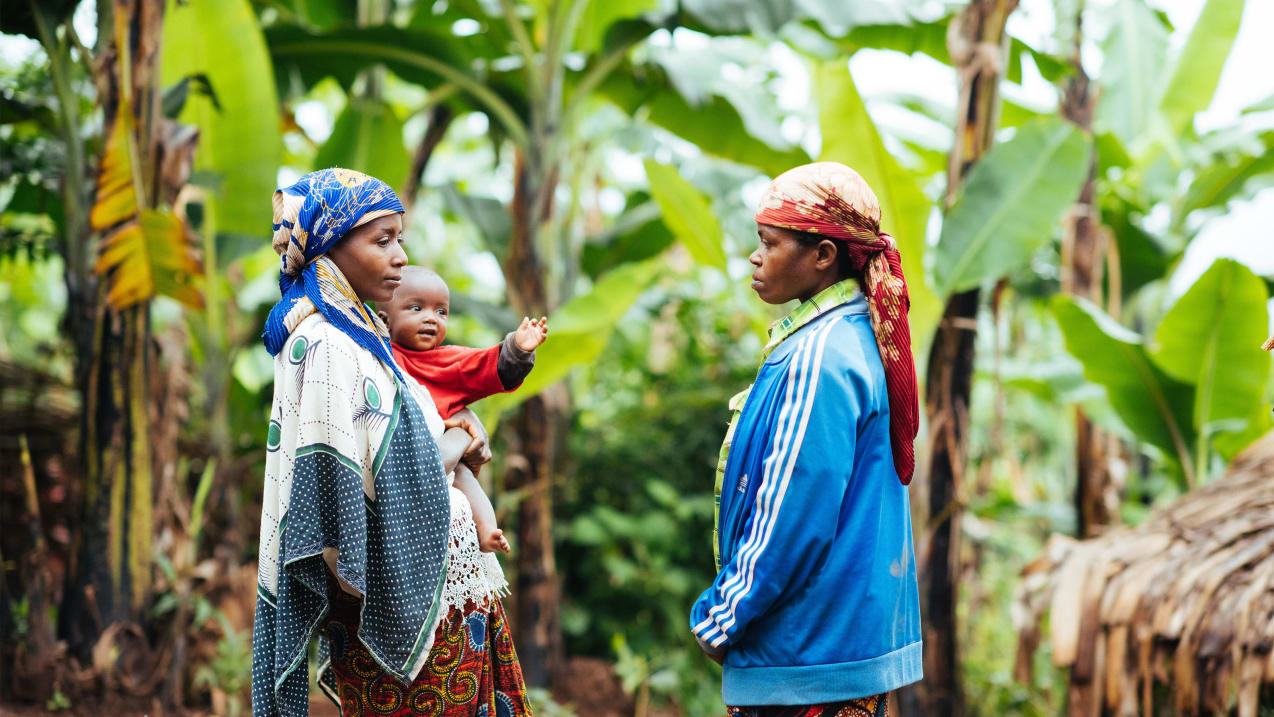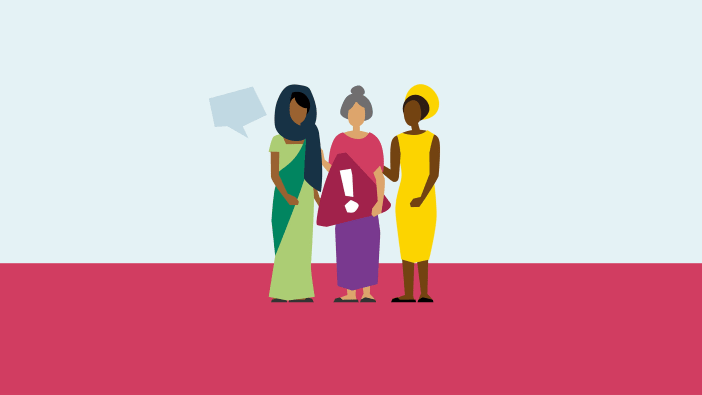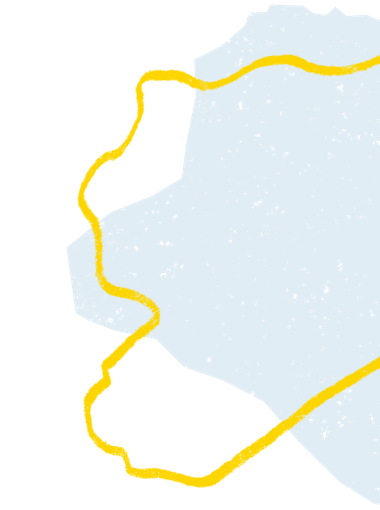What is sexual and gender-based violence (SGBV)?
SGBV refers to all acts inflicted on a person against their will due to their gender, sex or sexual identity. It is sometimes just referred to as ‘gender-based violence’ (GBV).
Statistically, most perpetrators of SGBV are men and boys, and male violence against women takes place in every sphere and strata of society – in forms ranging from rape and physical abuse to harassment and discrimination. While it can happen to anyone, women and girls are far more likely to experience it.
Sexual and gender-based violence deprives women and girls of a life of dignity, which is why ending it is critical. Addressing the root causes of inequality will lead to positive outcomes for both women and men, where all are able to live lives free from violence and abuse.
Our approach to fight SGBV
Tearfund is committed to progressing gender equality and the restoration of relationships between men and women, boys and girls, and at risk adults. We aim to design and support projects which create safe and secure environments for those who are at risk.
Our approach is to address the driving factors and social norms that perpetuate inequalities at interpersonal and community levels. We do this by listening to the stories of survivors, facilitating discussions between men and women, engaging men and boys towards gender justice by exploring and transforming their concept of masculinity, and speaking boldly about Female Genital Mutilation/Cutting (FGM/C).
We aim to strengthen peer and community mechanisms for protection and healing, as we believe that community members are the best actors in their own protection. As such, we equip faith leaders to respond to these issues in their communities and to become role models themselves.
Working with survivors: Journey to Healing
Sexual and gender-based violence (SGBV) is a global epidemic affecting approximately one in three women, according to the World Health Organization, irrespective of social status, ethnicity or age. Often, these women and girls are stigmatised and blamed for the violence perpetrated against them. We seek to bring restoration to their lives by allowing them to share their stories and their needs – and to share their collective experiences with those who have power and authority to effect change. Our goal is to work effectively with faith communities and transform social norms to reduce SGBV. We also aim to shift attitudes towards survivors from stigmatisation to support and care.
See our Working with survivors resources
Changing gender norms: Transforming Masculinities
Tearfund believes women and men are created equal in all things – and therefore we work to see justice for women, men, boys and girls. This means everyone being equally valued and having equal access to resources and opportunities, free from violence and abuse.
To promote gender equality it is vital to transform the harmful gender norms and practices which reinforce and uphold violence against women.
Our Transforming Masculinities approach seeks to shift harmful social norms and behaviours around sexual and gender-based violence (SGBV) by working through and within faith communities. This evidence based approach has been rigorously evaluated in multiple contexts and has enabled significant positive results, especially in reductions of rates of intimate partner violence and acceptability within communities.
See our Transforming Masculinities resources
Tearfund's humanitarian response to SGBV
Preventing and responding to SGBV is life-saving, and is therefore a vital component of protection in any humanitarian response. Tearfund’s direct response can include:
- Providing access to appropriate medical, legal, and psychosocial services for survivors or supplying information on how to access available services (referral pathways)
- Sharing key messages on safety for women and girls in the community
- Prevention activities promoting gender equality
- Addressing social stigma, which is a key barrier to survivors accessing services
- Creating safe spaces for women to gather and discuss issues affecting them, and establishing mechanisms where violence can be reported and addressed.




